Gino is a food product company in one the African country such as Nigeria. This company produces tomato paste and has a high amount of value share in the African market.
The tomato is a significant vegetable (technically a fruit) that contains significant amounts of iron, vitamins, and minerals.
It is a good source of lycopene and is a staple food item in Nigerian households, appearing in salads, being consumed raw, and being the major ingredient in stews.
Nigeria is the top tomato grower in sub-Saharan Africa and the 13th largest tomato producer globally, with an estimated annual output of 2.4 million tons.
Storage has become a significant difficulty in the value chain of this rich vegetable/fruit because of its short lifespan and seasonal dual trait—periods of plenty and the following shrink period.
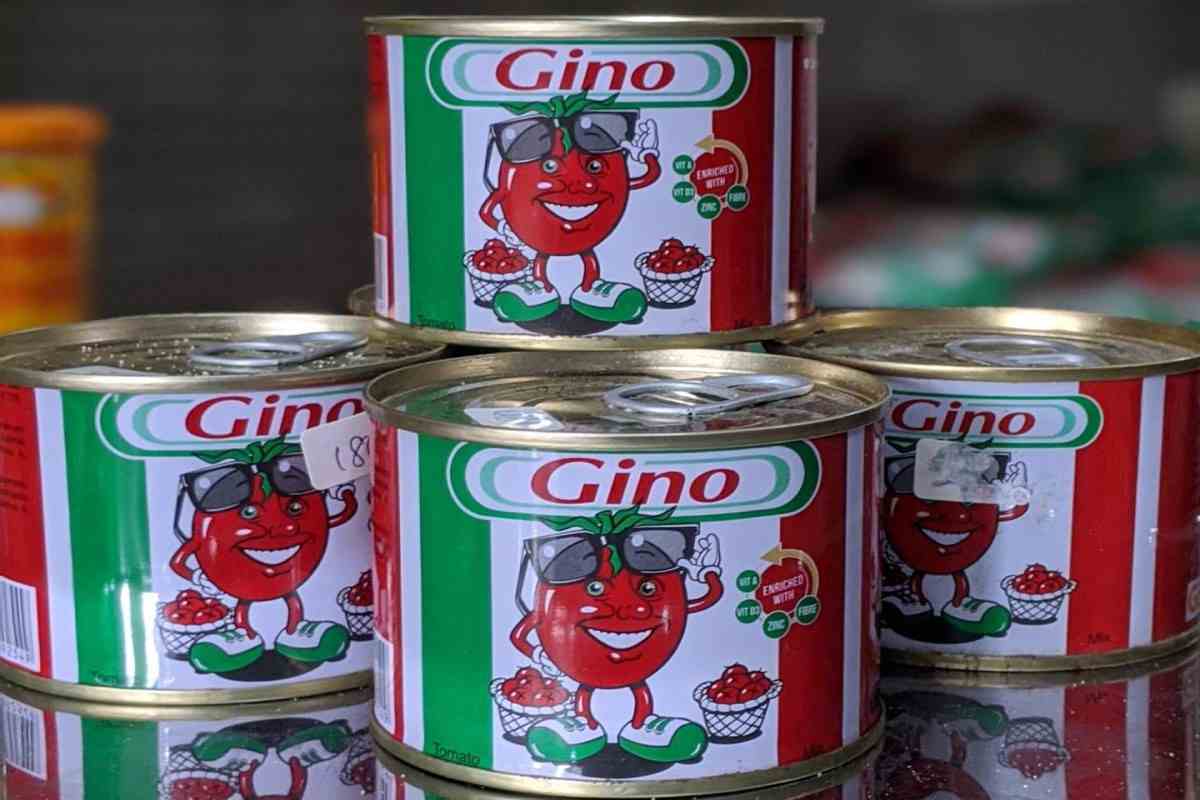
Although there have been a number of unorthodox storage methods used in the past, each one has been found to be insufficient and unstable.
An alternative to homegrown vegetables and a way to boost “inadequate” local output is tomato paste, which is refined tomato concentrate turned into a thick paste-like form and packaged un tins or sachets.
This week’s edition of Product Review, a column that highlights goods vying for supremacy in Nigeria’s fiercely competitive consumer market, introduces you to the different tomato paste businesses that are vying for visibility and financial success.
The arrival of Tomato Paste
Research reveals that the majority of the early brands in the country were primarily produced outside of the country, even if it is unclear who made the first legendary foray into the tomato paste industry in Nigeria.
Several brands are currently available on the Nigerian market. Numerous domestic competitors have also established their brands, albeit the majority of them are still struggling to gain traction in the domestic tomato market because of the significant presence of foreign tomato brands.
Gino, St. Rita, and Vitalis, to name a few, have been pitted against domestic brands like Tasty Tom, De Rica, and Festin, made by Olam Global, and Ric Giko and Nagiko tomatoes, produced by Erisco Foods Limited, in the rising war for supremacy among brands.
Others include Tomato Jos, made by Tomato Jos Nigeria, which competes in the middle-belt regional market and has contributed to increase competition, and Sonia Tomato Paste, produced by Sonia Foods Industries Limited.
Nevertheless, Gino has replaced De Rica as the new warlord in recent years after seizing control. Brand complacency helped to solve the De Rica mystery. Because of its success, it became conceited, and failure can be just around the corner when this happens.
Due to its success, it became overconfident and insensitive to market developments. The Olam Group of Companies’ product quickly disappeared from the market despite being well-known for its exceptional quality.
When it came back, Gino had an odd grip over the tomato paste market.
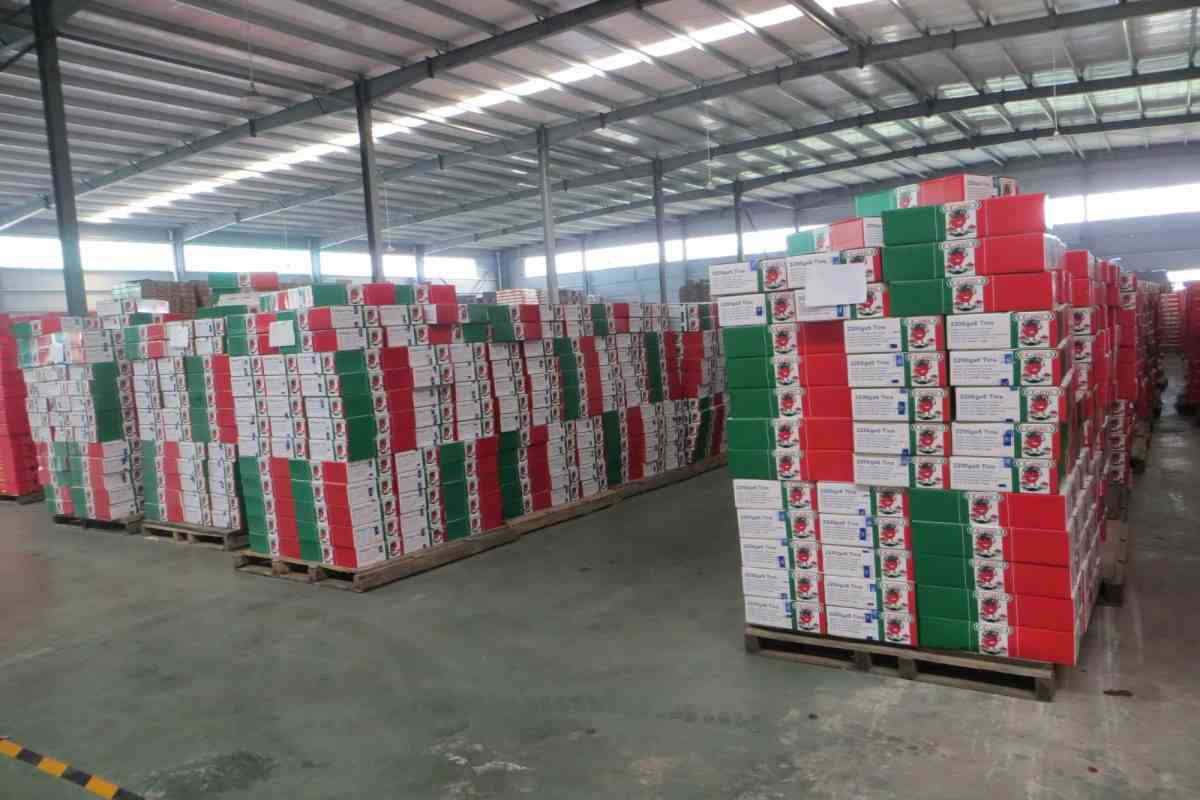
In 2007, Superbrands conducted a nationwide market analysis of this product category and found that Gino Tomato Paste is the market leader in Nigeria.
Eight years later, a recent Hallmark market survey in Lagos revealed that Gino still holds a 50% market share for tomato paste, De Rica and Rosa both share 10%, and other brands account for 30% of the market.
Through regular spending on advertising, customer involvement (online and in real-time), and other marketing assistance, the Gino brand has maintained its market leadership.
Despite the fact that De Rica had a radio campaign to relaunch in 2012, “De Rica don come back.” However, it was too late.
As a brand expert, Philip Kotler would advise, Gino’s parent business, the Watanmal Group, has mastered the act of developing the company’s offering such that it holds an unique position in the target market’s psyche.
De Rica quickly discovered the hard way that there was no place for a vacation from brand-building initiatives in a market as competitive as Nigeria with so many businesses vying for consumers’ attention. Since then, it has been making an effort to win back the love it once had.
The company has engaged in outdoor advertising, promoting its “Redelicious” campaign through billboards and mobile ads. The brand’s consumer participation on social media was another ruse.
In 2013, De Rica ran the I love De Rica campaign on Facebook, inviting users to enter by writing “De Rica” on a piece of paper or a wall, photographing it, and sending it in. The De Rica Photo Food Challenge was also introduced by it.
For the length of the campaign, the top 10 most inventive photos from each competition received airtime, while the winner received a carton of De Rica.
However, it appears that the firm has given up on this social media project, possibly as a result of a lack of interest. When Hallmark paid a visit on July 12, Blessing Nwachukwu had just posted something to De Rica’s Facebook wall with the date March 17, 2013.
A response from the Olam Group, who hold the De Rica brand, was not forthcoming. Hallmark’s Nigerian communication handlers, Gong Communications, were forwarded to us, but as of the time we filled out this report, they had not gotten back to us.
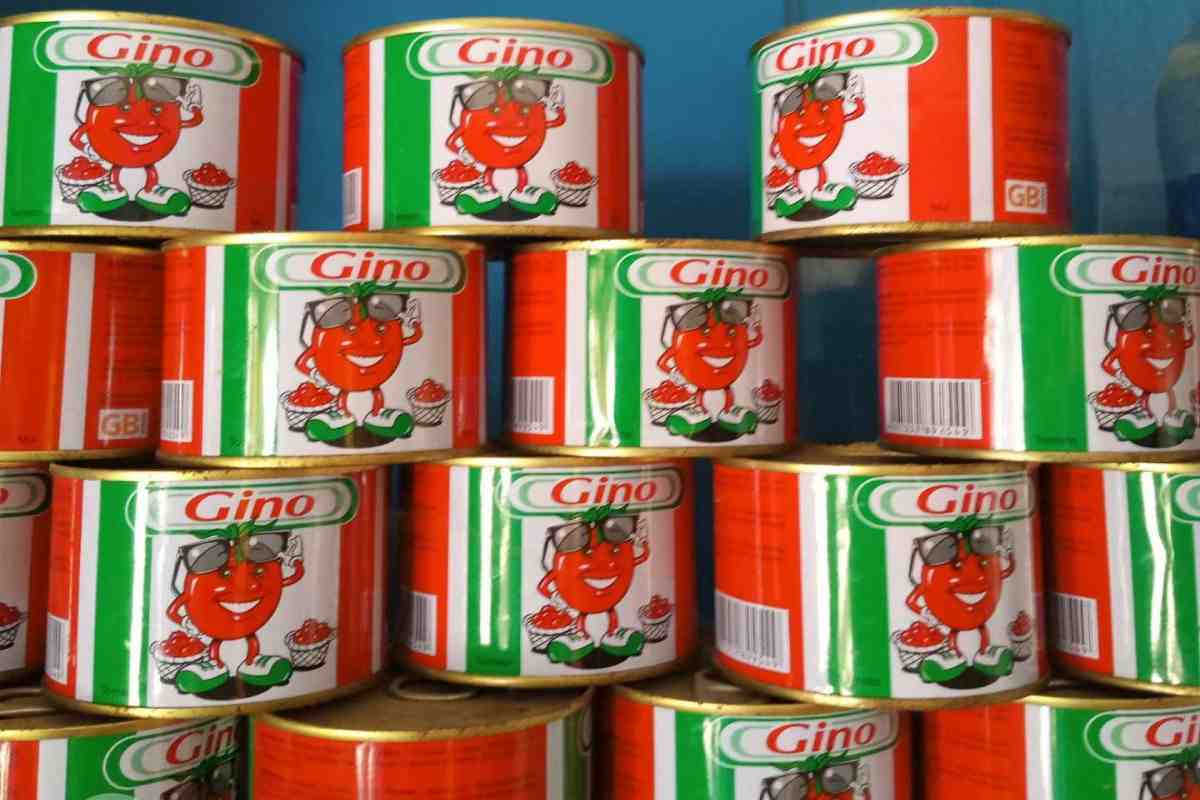
Customers and merchants who spoke with Hallmark in Lagos agreed that Gino is the most popular tomato paste brand.
They explained Gino’s success by pointing to its longevity on the market, distinctive flavor, thickness, and vivid red color, while some people did so out of emotion because they were unable to provide any rationale for their brand preference.
According to Mrs. Esther Ogunlade, owner of the “provision” store in Ogba, Ikeja, Lagos, Gino has long since surpassed De Rica.
People are currently purchasing Gino over De Rica more frequently. She continued by saying that the Gino Peppe variant’s spicy flavor had excited customers.
Gino is the tomato paste that sells the quickest, according to a store owner in Ishaga, Lagos who wished to remain anonymous. The majority of my consumers purchase that; I’m not sure why.
Gino is the market’s fastest-selling tomato paste brand, according to a different retailer who only went by the name Mama Aroso, but she called the brand owners’ rate of price increases disturbing.
Because I need to make sales, the trader admitted that “I bribe buyers to go for other ones like Immaculate.”
While agreeing that Gino is the brand that sells the fastest, Mrs. Njideka, another salesperson, also backed up Mama Arioso’s claims about Gino’s cost. She claims that when prices for the product rise, some customers are starting to switch to other brands.
It has been successful for a while, but recently, costs have increased. Customers consequently switch to other brands.
Mama Mulika, a different food condiment vendor at the well-known Agege -Oja, attested to Gino’s enduring appeal with customers.
She claimed that “Gino, particularly the Gino Peppe, is in high demand.” However, it should be mentioned that the product is in short supply.
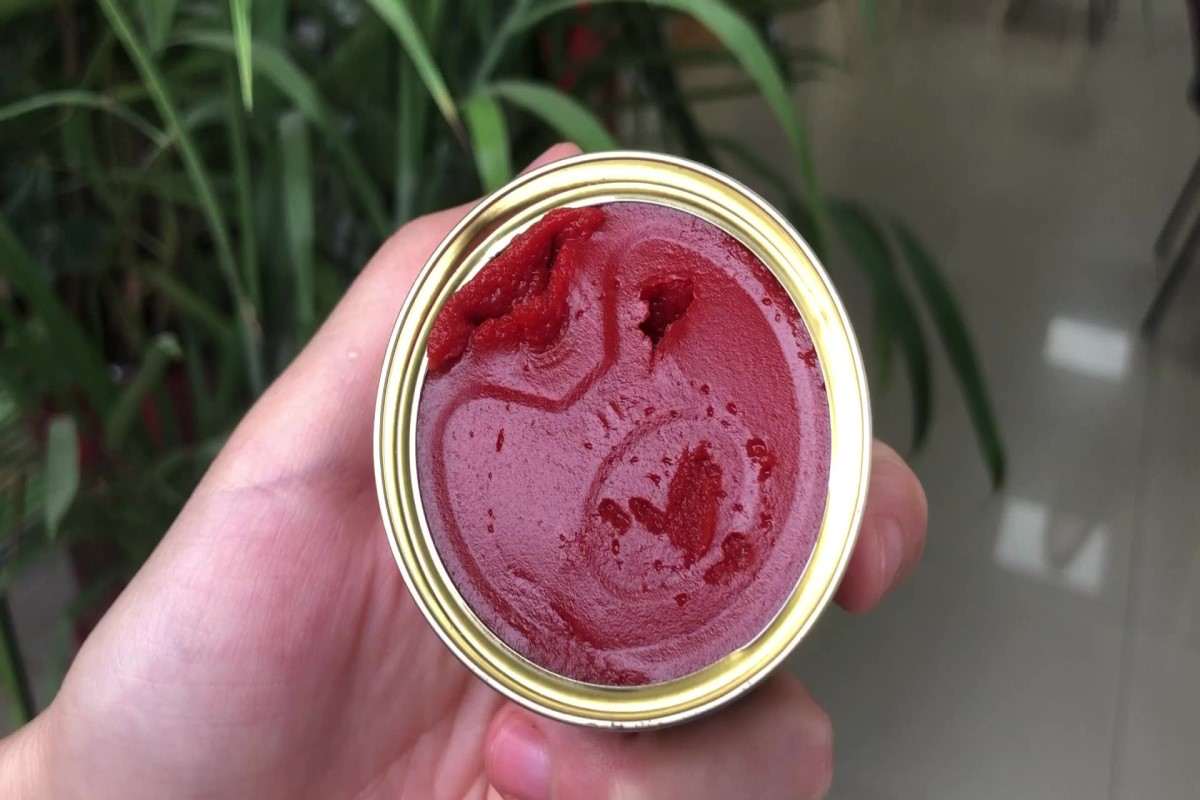
Gino is the market’s fastest-selling brand of tomato paste despite its expensive price, according to a different shopkeeper who only went by the name Mama Aroso, who spoke with C&M.
While agreeing that Gino is the brand that sells the fastest, Mrs. Njideka, another salesperson, also backed up Mama Arioso’s claims about Gino’s cost. She claims that when prices for the product rise, some customers are starting to switch to other brands.
It has been successful for a while, but recently, costs have increased. Customers consequently switch to other brands.
Iya Mulikat, a wholesaler at the well-known Agege-Oja market, also attested to Gino’s popularity with customers. She claimed that “Gino, particularly the Gino Peppe, is in high demand.”
However, it should be mentioned that the product is in short supply. Bolatito Adeiza, a Gino devotee, insisted that Gino contains only real tomatoes and no additives.
“They are actual tomatoes. There is no color to it. Gino is preferred by Ogechi Anyanwu because “it tastes extremely great and is red in hue.”
The TV advertisements convinced Chinwe Agbeze to support Gino. I employ Gino. I have no idea why I use it. I think the advertisement is to blame. The commercial is good. Because Gino is an established brand, Mrs.
Nonye Okeke utilizes it in her cooking. Despite the fact that there are new, superior, and delicious products like Fine Joy.
It travels smoothly as a result of its name. De Rica devotees, like Mrs. Alice Ene, have a variety of reasons for sticking with the brand, ranging from the sweet flavor and red color to the absence of the sour flavor found in other brands, noting that “it is not sour like other kinds.”
Experts: According to Mr. Ambrose Kuteyi, a food technologist and consultant with Billmark Consulting, Nigeria imported at least 189.5 metric tonnes of tomato paste and sauce in the previous year.
He added that fresh pepper and tomatoes are wasted a lot in Nigeria. However, he claimed that post-harvest losses and a lack of processing methods were to blame, as a result of which Nigerians were forced to rely on imported tomato products.
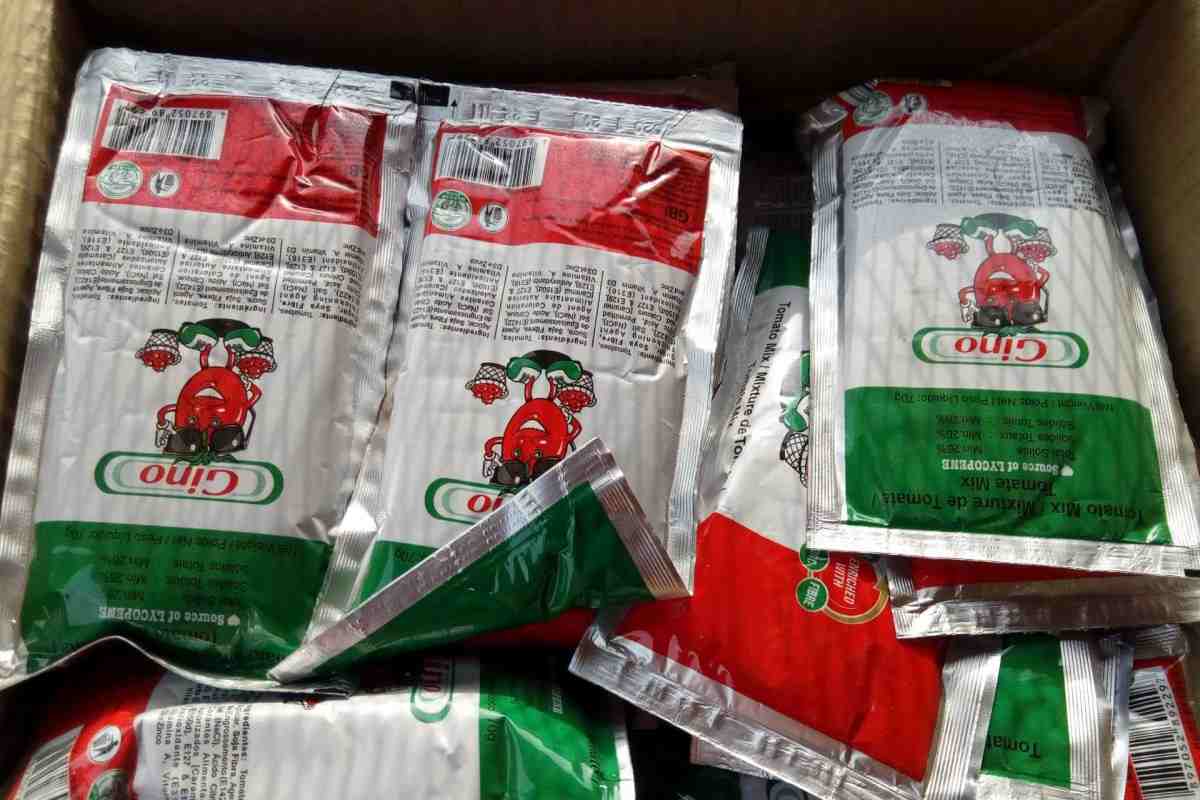
Kuti said: “It is disheartening to notice that Nigeria imports different processed tomato products for the enjoyment of its nationals, despite Nigeria being ranked as the 14th largest producer of tomatoes.
The imported tomato goods include tomato paste, ketchup, and other sauces in cans as well as canned tomato fruit.
Nigeria received imports of tomato paste totaling 189,510.11 metric tonnes between 2015 and 2016. In metric tons, that is the same as 1,042,305.68 fresh tomato tons.
“Post-harvest losses from moving the crop from the farms in the northern portion of the country, where the tomatoes are grown, to the southern markets, where they are consumed, cause post-harvest losses in many of the tomatoes farming in Nigeria.
These undoubtedly prevent a significant quantity of cultivated tomatoes from reaching consumers and wind up in waste dumps across the country.
However, if food processing procedures are used, post-harvest losses can be reduced or even eliminated.

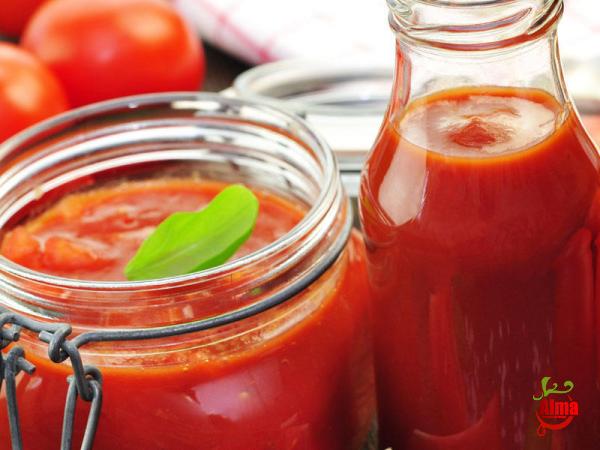
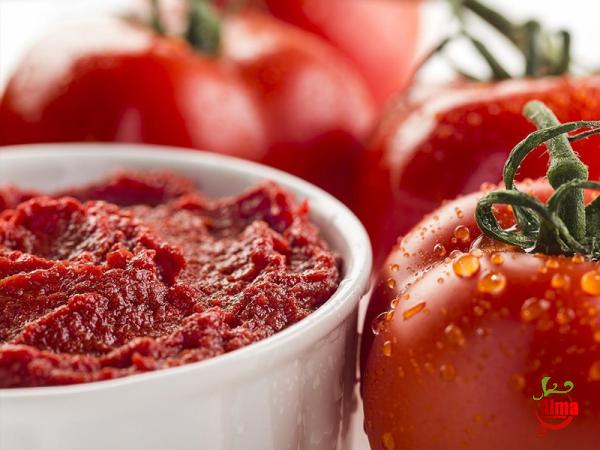





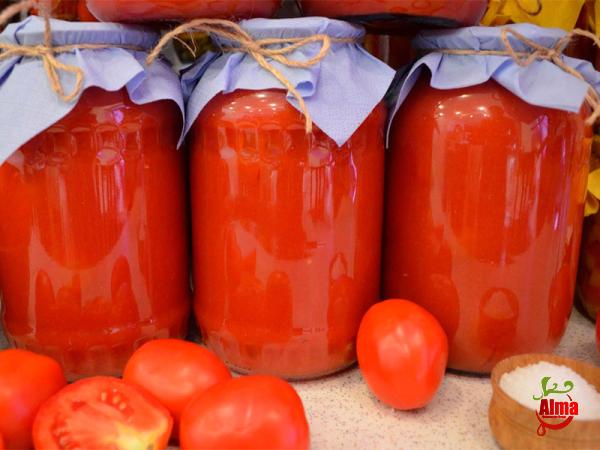
Your comment submitted.